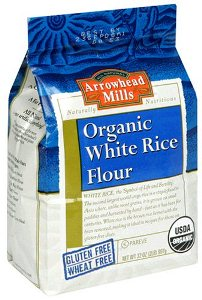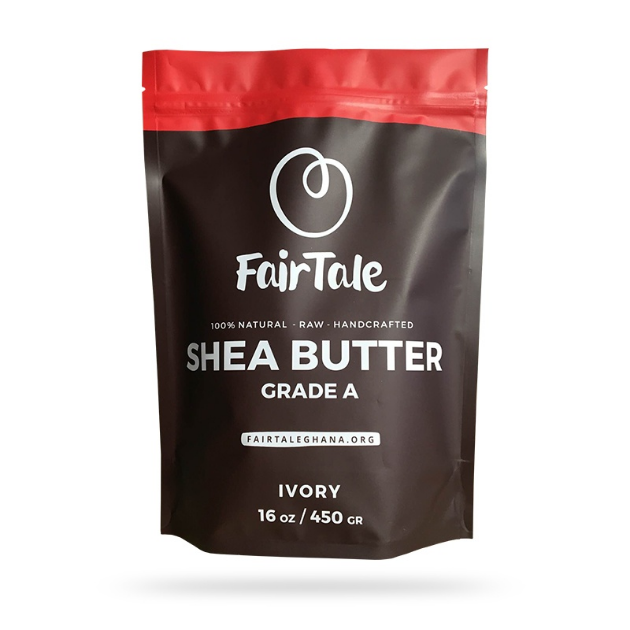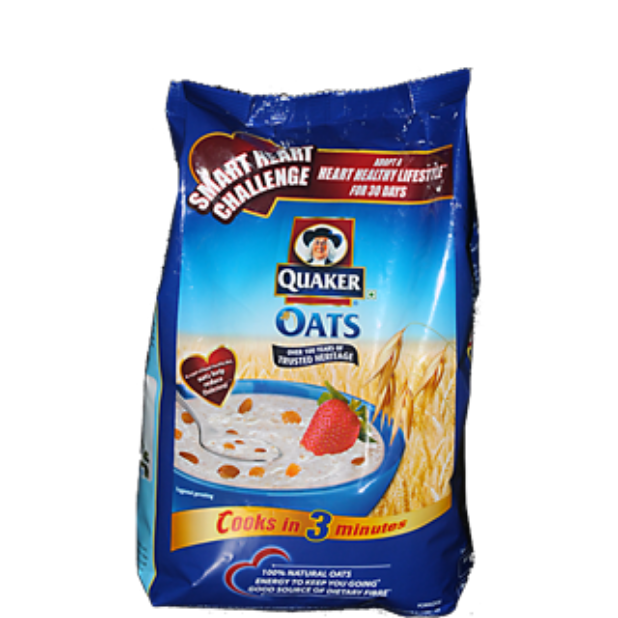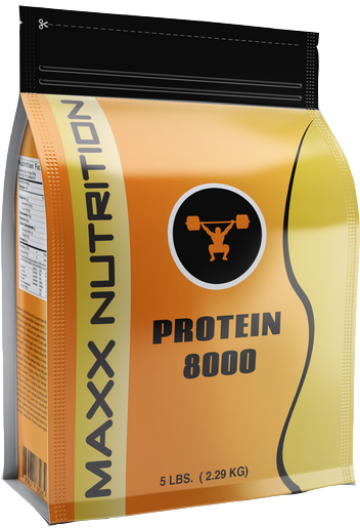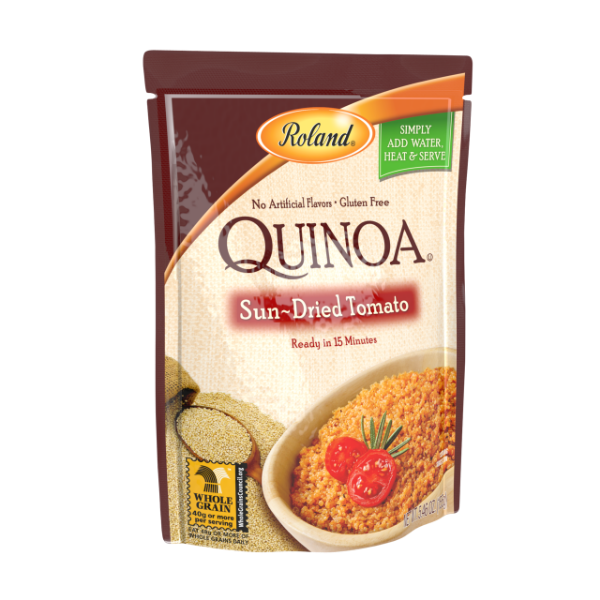Do you shudder at the thought of Chinese factories? If so, you are amongst thousands of other marketing managers, VPs, and decisions makers that are untrusting of China-based manufacturers. You’d rather climb the Great Wall of China than consider protective packaging from a Chinese plant.
And in a sense, it’s not entirely your fault.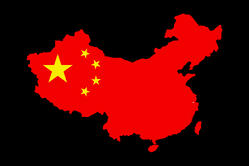
It’s no secret that Chinese factories have suffered a great deal of scrutiny over the last several years. We’ve all heard the horror stories of Chinese factories producing faulty product with terrible consequences. It’s not a mystery why decision makers are reluctant to use Chinese-based factories for their protective packaging solutions. We understand your concern.
With that said, we aren’t here to deny that these unfortunate series of events began with negligence from these plants, either. If we tried to cover it up or deny the truth, we’d lose all credibility.
Keep an open mind as you read this blog post. You might learn a thing or two and surprise yourself when you discover that there are quite a few misconceptions surrounding Chinese factories— and we’re here to set the record straight.
Misconception #1: All Chinese Factories Are Created Equal
With anything else in life, generalizations aren’t fair to anyone— including Chinese factories. We’re all smart enough to know that you can’t put every Chinese factory on the same level. If all protective packaging plants are the same that has to mean that all car manufacturing plants are the same as well. I don’t think you’ll see a Ferrari rolling out of a Ford factory anytime soon.
Chinese factories operate under different protocols. Sometimes, those protocols are inline with Westernized standards and quality is top notch. Then you have Chinese factories operating on a whim and are lucky to have any protocol at all. That is when the manufacturing process gets messy and reputations become damaged.
Unfortunately, spoiled reputations are a tough mess to clean up. Some Chinese factories rightfully earned their bad rep, but the good guys are left behind in the dust.
The key to ensuring that your China-based food packaging plant has a solid reputation is by doing your research. Blindly selecting a company that uses Chinese factories is only asking for trouble. In fact, blindly choosing any company is a bad idea. Always, always do your research and ask questions.
Ask your food packaging company of interest about their manufacturing process. Do they have any certifications? Do they have close ties to who is operating their factories overseas? Who are their previous clients?
If you are still in doubt, ask if you can speak directly to a previous client for a testimonial. This will give you true inside insight on your chosen China-based factory without bias.
Misconception #2: Chinese Factories Practice Low Labor Standards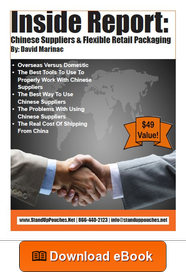
You might be under the impression that Chinese factories are far behind any kind of labor standards that are comparable to the United States. If this is your mindset, you likely also believe that Chinese workers receive horrible and unfair treatment. This has become a very big misconception in the United States.
Despite this misconception, there are several areas of China where factory workers have better protection than those in the United States. Some Chinese workers receive health care coverage and enjoy time off for the holidays. Workers are paid overtime and women’s equal rights are much better protected than in the United States.
In fact, Chinese women make around 80 percent of men’s income. In the United States, that number is around 70 percent. Minimum wage has increased in China 16 times in the last two decades.
China might have trouble enforcing some of their labor standards across the country, but they are certainly headed in the right direction. They are quickly catching up to the United States, and in some areas, even surpassing us.
Maybe the real question is: how are food packaging factory workers treated in the Untied States? Are workers paid fairly and given time off when necessary? Do they receive wage increases on a regular basis.
Food for thought.
Misconception #3: Shipping Products from China Takes Too Long
Delays from shipping overseas can throw a big wrench in your business plan (and your budget). The good news is that delayed shipping for your protective packaging isn’t inevitable. By taking a couple productive steps, you can minimize the chance of delayed shipment.
Select a solid supplier. Choosing a random overseas supplier is an invitation for delays in your protective packaging shipment. Run-of-the-mill suppliers will choose the most economical route to get your product packaging to you, and most times, there is no regard for your schedule. You’ll get your product eventually, but once your money is in their hands, it’s a roll of the dice.
If you want to be sure that your shipment will arrive on time, you’ll likely have to pay the price. By increasing your shipping budget by about 5 percent, you can hire an agency to represent your company and communicate with suppliers. They can help ensure that your product is delivered in a timely manner.
Leverage The Logistics. Reputable logistics companies can keep track of your container and expected arrival time. They are also able to help you negotiate better prices. Overseas shipping isn’t a place to cut corners, so carefully consider the department or company that is handling the shipment process.
Chinese Factories Shouldn’t be a Deal Breaker
Chinese factories have a lot to offer the packaging industry. We’re aware of the horror stories and nightmares, but it’s time to also become aware of their true advantages.
Consider partnering with a China-based factory that is ultra clean and in pristine conditions, they are available. Their factory employees can include American citizens who take great pride and craftsmanship in their work and hold several certifications and stay up-to-date on the newest industry technology. As always, trust your packaging partner for guidance and direction. Chinese factories can be a perfect way to cut costs while protecting your product like never before.

